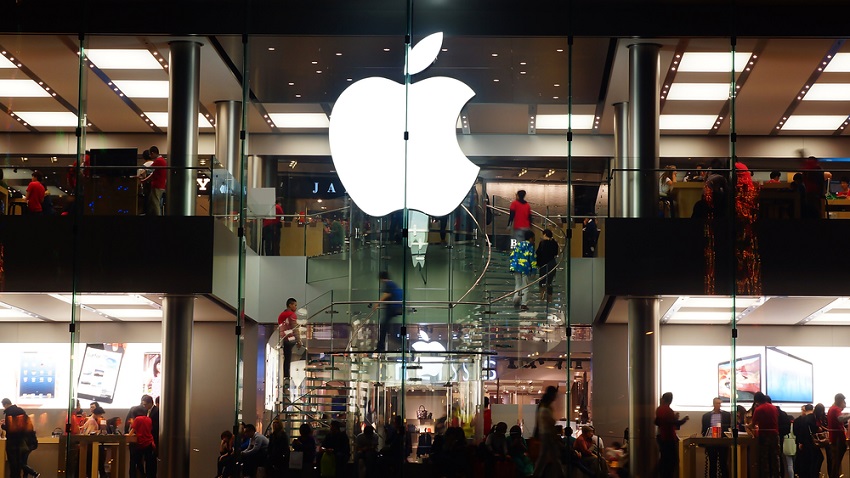It remains to be seen how Apple’s legal battle with Qualcomm is going to play out, but from what we can tell so far, it seems as if the entire tech industry has already taken sides with Apple. If you recall, Apple earlier this year filed a $1 billion lawsuit against Qualcomm, alleging that the company employed anticompetitive business tactics as a means to extract incredibly high royalty payments from Apple for the LTE chips that go into the iPhone.
From Apple’s vantage point, the royalty rates Qualcomm charges Apple aren’t based on fair, reasonable and non-discriminatory (FRAND) terms, but is rather computed as a function of the iPhone’s overall selling price. This approach, Tim Cook explained a few months back, is akin to a sofa manufacturer constantly changing the price of each sofa it sells based “on the price of the house it goes into.”
Immediately after being slapped with the suit, Qualcomm, predictably, denied all wrongdoing and vowed to vigorously defend itself. A few months later, Qualcomm fired back with a legal suit of its own and asked the International Trade Commission (ITC) to issue a ban on all imports of iPhone and iPad models that use Qualcomm chips.
With that as a backdrop, a lobbying group called the Computer and Communications Industry Association (CCIA) — a group whose members include tech heavyweights such as Microsoft, Amazon, Facebook, Samsung, Google, Intel and others — filed a third-party brief yesterday asking the ITC to reject Qualcomm’s proposed ITC ban. Incidentally, Apple is not a member of the CCIA.
A press release accompanying the legal filing reads in part:
CCIA told the ITC that Qualcomm’s request would harm consumers by enabling Qualcomm’s anti-competitive behavior.
CCIA has advocated on open competition issues for more than 40 years. Apple is not a member of this international tech trade association. The following can be attributed to CCIA President & CEO Ed Black:
“Qualcomm is already using its dominant position to pressure competitors and tax competing products. If the ITC were to grant this exclusion order, it would help Qualcomm use its monopoly power for further leverage against Apple, and allow them to drive up prices on consumer devices.
Incidentally, Qualcomm just a few days ago was hit with a countersuit from four of Apple’s major iPhone manufacturers, a group that includes Hon Hai Precision Industry, Compal Electronics, Wistron Corp and Pegatron Corp.
While Qualcomm CEO Steve Mollenkopf recently said that the ongoing legal spat with Apple will likely be settled out of court, the growing number of companies joining forces against Qualcomm perhaps suggests that any forthcoming settlement — should one happen — will be heavily skewed in Apple’s favor. In the interim, shares of Qualcomm are down nearly 20% since Apple first filed suit about seven months ago.








